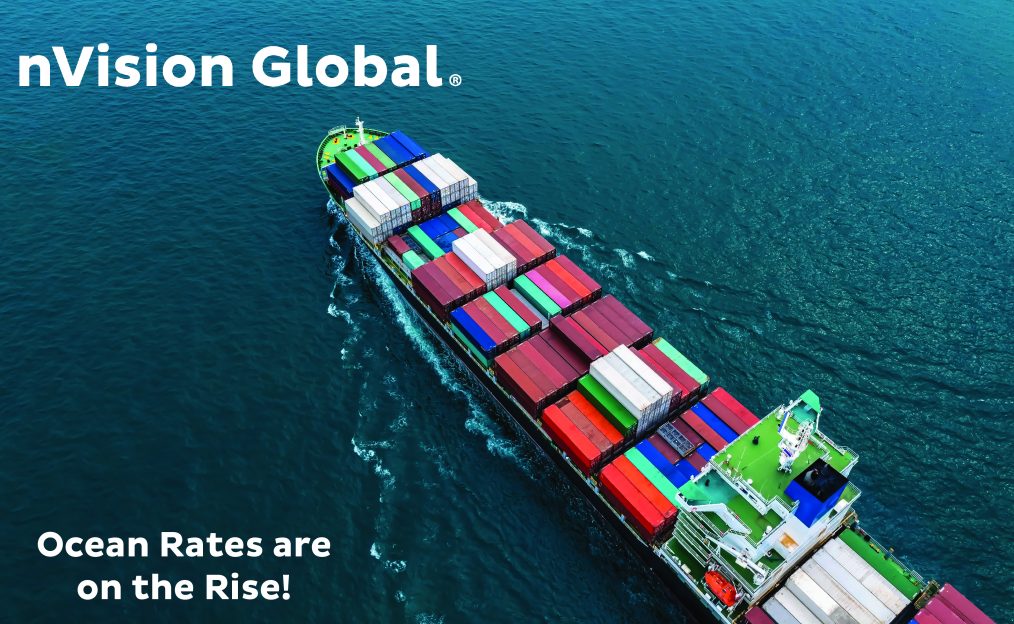
Navigating Troubled Waters: The Impact of Houthi Rebel Attacks on Global Shipping
Introduction
The global shipping industry, a crucial artery of international trade, is currently facing a significant upheaval. In recent times, the Houthi rebels’ escalating attacks on commercial shipping vessels in the Red Sea have sparked widespread concern. This development has forced many container carriers to reroute their ships around the Cape of Good Hope in South Africa, avoiding the shorter and more traditional passage through the Suez Canal. This blog post delves into the implications of this strategic shift, particularly focusing on the rising costs of ocean shipments and the broader impact on global trade.
The Strategic Importance of the Red Sea and Suez Canal
Traditionally, the Suez Canal has been a linchpin in global shipping, offering the shortest sea route between Europe and the lands lying around the Indian Ocean and western Pacific. However, the increasing threat posed by the Houthi rebels in the Red Sea region has cast a shadow over this critical maritime corridor.
The Rising Threat from Houthi Rebels
The Houthi rebels, based in Yemen, have intensified their maritime attacks, posing a significant risk to commercial vessels transiting the Red Sea. These incidents range from direct attacks to threats of attacks, creating a climate of insecurity and uncertainty for shipping companies.
The Impact on Shipping Routes
As a direct consequence of these heightened risks, many shipping companies have opted to reroute their vessels around the southern tip of Africa – the Cape of Good Hope. This decision, while enhancing safety, comes with its own set of challenges and costs.
Increased Costs and Transit Times
The detour significantly increases the journey length, leading to higher fuel consumption and extended transit times. The longer voyage not only translates to increased operational costs for shipping companies but also affects the timely delivery of goods. Consequently, these additional costs are often passed down the supply chain, affecting manufacturers, retailers, and ultimately consumers.
Broader Implications for Global Trade
The rerouting of ships around the Cape of Good Hope has broader implications for global trade. It affects shipping schedules, leads to congestion in alternative routes, and can disrupt the delicate balance of supply and demand in global markets.
Adapting to the New Normal
In response to these challenges, shipping companies are adopting various strategies. These include increasing freight rates, investing in more fuel-efficient vessels, and exploring alternative routes. Additionally, there’s a growing emphasis on maritime security and intelligence to mitigate risks.
Conclusion
The situation in the Red Sea, exacerbated by the actions of the Houthi rebels, underscores the fragile nature of global trade routes. It highlights the need for international cooperation in ensuring maritime safety and security. As the world adapts to this new normal, the resilience and adaptability of the global shipping industry are being tested like never before.